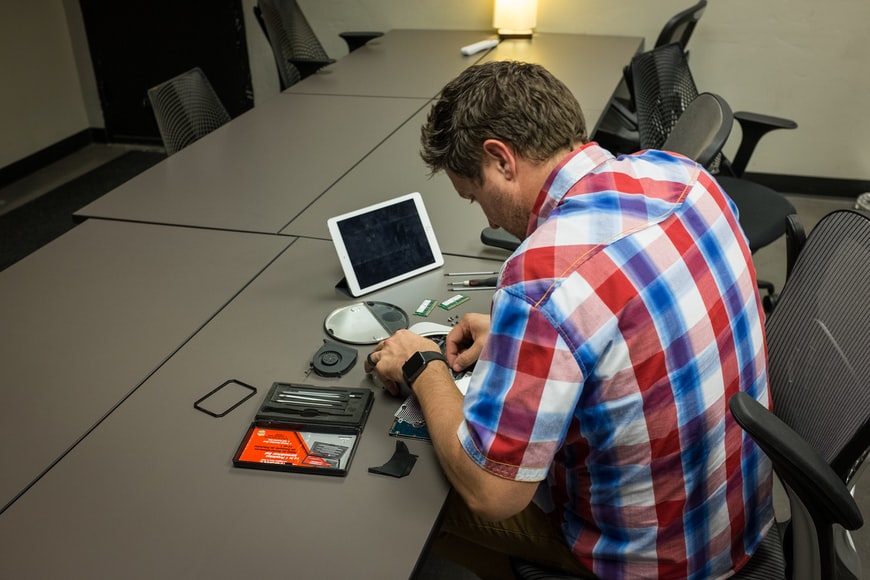Estate Planning: Why you should NOT do it yourself

Today’s blog is authored by LaTonya Elliott, one of the legal assistants in our office. She is new to Montana and our office, but she knows her stuff!–Jon
There are many problems that could potentially arise for a rookie attempting DIY, (do-it-yourself), estate planning. The consequences could go as far as your ex-spouse receiving your entire estate upon your death, or worse, “Uncle Sam” receiving your entire estate, and your children having to pay all your final expenses out of their pockets. Having a poorly executed will or trust could be the equivalent to a glorified, notarized grocery list with no authority. The number of witnesses, notarizations, and so on, vary from state to state. As an untrained DIYer you’re sure to make mistakes in your will or trust, mistakes that any survivors of the deceased will end up in court, spending thousands of dollars to contest. Although we could go on and on, why hiring an attorney to do your estate planning is just the same as hiring mechanic to tune-up your car. Here are the 3 main reasons NOT to do it yourself:
- All the other documents you need besides the Last Will and Testament or Trust There are several ancillary documents that need to go along with your trust or will-based plan. A Living Will, Power of Attorney, and Property Assignments are just to name a few. Declaring you don’t want to be put on life support in your will is not going to have any effect, being that your will is going to be read after you die, or after you’ve been in a coma for quite some time. A request of that nature is something that would be a part of your living will, and an estate planning professional would know that. Appointing someone to oversee your estate if you become disabled or incapacitated is another instance where that DIY Will, will not suffice. Majority of folks don’t even realize someone needs to be appointed to handle these types of legal matters for you, even if you are married. The legal right for someone to act on your behalf, otherwise doesn’t exist without these additional ancillary documents.
- Complexity of your unique situationMost estates have enough complex circumstances, that a generic, one size fits all, will or revocable trust is not going to work. Of course, you can find a cookie cutter mold of a will or trust online or create it through one of those websites that generate legal documents, but you get what you pay for. As stated previously, the laws that bind these documents vary from state to state. Most online software programs will generate a generic document deliberately kept as simple as possible to comply with the laws of all 50 states. For more complex estates that anticipate having to pay federal estate taxes, or estates with blended families, ex-spouses, adopted children, and other complications, this generic document is not going to work for you. Your family and your assets are all unique to you, so should your estate plan.
- Back up plans only a professional would think of
Professional estate planners know how to build in contingency plans for the unexpected. What if a beneficiary of your estate passes away before you? What if a beneficiary of your estate becomes disabled or incompetent? If you have a generic will or trust, your personal representative or successor trustee will have little to no guidance on how to administer a trust with no provisions for these situations. Professional estate planners will build in contingency plans to debunk every “what-if” that could possibly arise. They have the experience of dealing with probates and trust administrations and have seen all those “what-ifs” play out. Their expertise has prepared them to develop your estate plan to run smoothly even if the unthinkable happens.
Doing your own estate planning without professional help is not something we recommend. It could potential put your surviving family at risk to pay thousands of dollars to close your estate. If you still want to do it yourself, at least consult with an attorney to review your documents BEFORE you sign them. The last thing you want is to be like 55% of Americans that die intestate, without a will, because you did not have enough witnesses or notarizations, making your plan invalid.
~LaTonya Elliott




